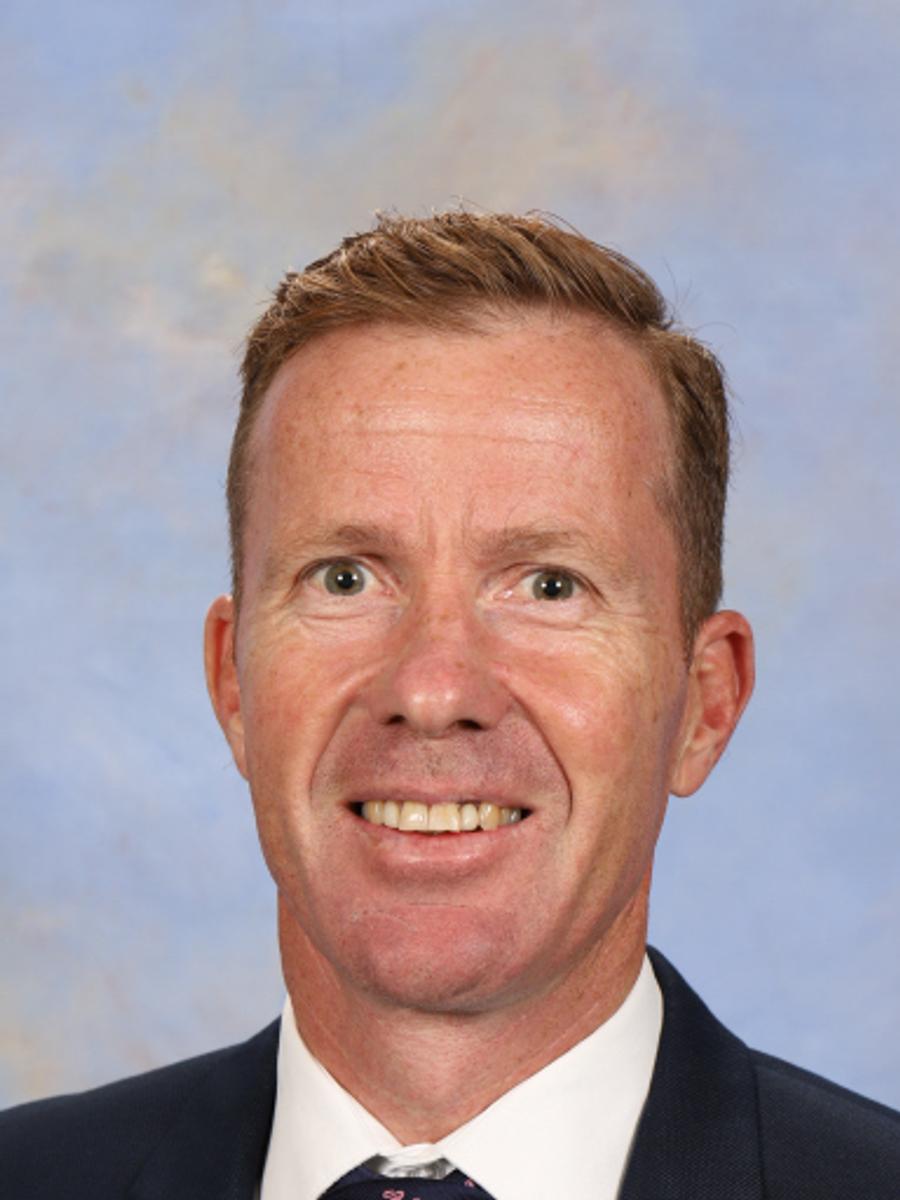DIRECTOR OF STUDENTS REPORT

Strengthening the triumvirate
Education is always evolving and yet it continues to remain the same. Kids go to school and the teacher delivers the content. The student engages in the content and learning occurs through a process of trial and error. This process is undertaken for approximately six hours per day before the students return home to parents and carers who invariably ask “How was school?” This question often elicits a qualitative response like “OK” or “boring” that generally doesn’t address learning. Maybe a better question might be “Can you show/tell me something you learned (or did) today?”
With a good quality question, the quality of the answer that is given next becomes vitally important in the context of learning according to Professor John Hattie of the University of Melbourne. When parents take an interest in and are engaged with their children's learning the “parental engagement effect” comes in. Prof Hattie found that when the “parental engagement effect” is pursued consistently throughout a child’s development, it could amount to the equivalent of an additional two to three years’ schooling for a child, adding massively to their overall achievement.
This year, The Riverina Anglican College has embraced opportunities to help families celebrate learning success by making each student's Academic, Service, Sport and Uniform commendations visible as a graph in the College’s student information system, Compass. In addition to this, an email is sent home to parents congratulating students on their consistent effort and performance when they achieve five Academic or five Classroom Engagement Commendations.
But not all parental engagement is about the celebration of success. As stated earlier, education is about trial and error, but sometimes the trial and error process, combined with external factors can lead to low self-esteem and disengagement from learning. Low self-esteem and disengagement can manifest as disruptive behaviour, disorganisation, poor application or a poor attitude to the learning process. At The Riverina Anglican College, these types of behaviours are identified as Student Self-Management Concerns.
A Student Self-Management Concern is logged into Compass by teachers when a student is in breach of the Student Code of Conduct or their behaviour is negatively impacting upon teaching and learning at the College. As of next week, Week 9, parents and carers of students who accumulate three or six Student Self-Management Concerns in Compass each school term will be sent an email asking them to discuss their child's behaviour and to make contact with the College if they require additional support. The email will not state the reasons or the teachers involved, it is merely an opportunity to discuss attitude and performance with your child. It is important to note that this is not designed to be punitive, it is in fact designed to begin a process of support whereby learning issues can be identified and more suitable behaviours, habits and routines can be initiated by the student with the support of parents and the College. Please note, Student Self-Management Concerns reset at the start of each school term so students have the opportunity for a fresh start.
In order to help facilitate increased transparency and improved communication between families and the College, it is important that you have signed up to the Compass Parent portal and that your email address and contact details are up to date.
To access our Compass Parent Portal, go to this link https://trac-nsw.compass.education/
In conclusion, triumvirate is an ancient Roman word for ‘a group of three who hold power’. At The Riverina Anglican College, we firmly believe that our triumvirate consists of the student, parents/carers, and the teacher. By consistently highlighting success and supporting those in need, together we can continue to strengthen our triumvirate.
P.S.S: A list of great learning and wellbeing focussed questions to ask your child after school here
Ross Kennedy | Acting Director of Students

